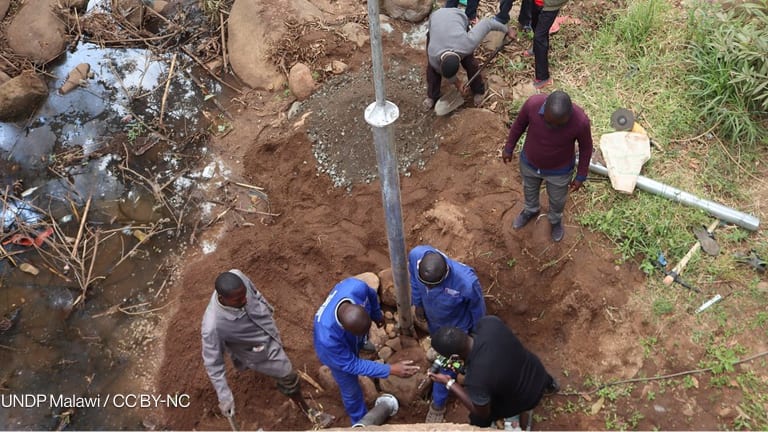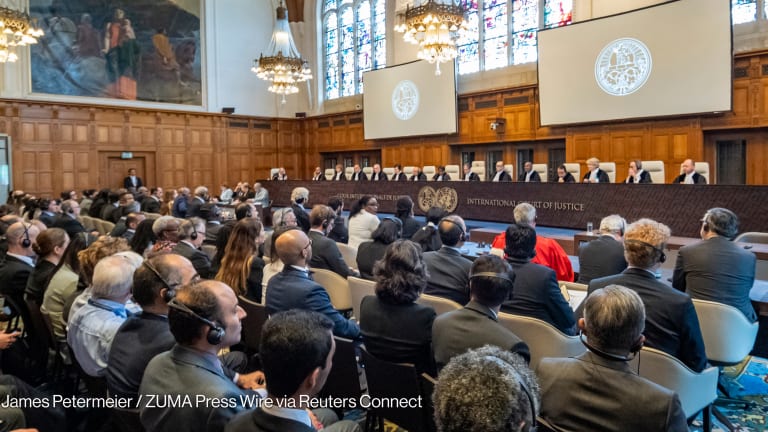Last weekend, the world cheered as negotiators secured the best possible deal on climate change. It’s an historic agreement tackling what The Observer called “the greatest existential threat to life on Earth.”
For many, it could not come soon enough: as they say in Bangladesh, “You can taste climate change” as rising sea-levels enter the water table. But millions of others will be left wondering why the world has mobilised like never before about far-off, long into the future challenges of climate change, when they seem powerless in the face of such stark priorities today, when people are dying in Syria or Nigeria. When in eastern DRC alone, people face threats from 69 armed groups, in a conflict that over the years has claimed the lives of millions. To those caught up in bloody conflict, climate change talks might seem like a luxury.
But in fact, the two are deeply connected. It is strangely fitting that talks on climate change should be held in Paris, newly emblematic of other security risks. Climate change is part of the cause of many conflicts already and, despite the agreement for future action, will only get more important.








